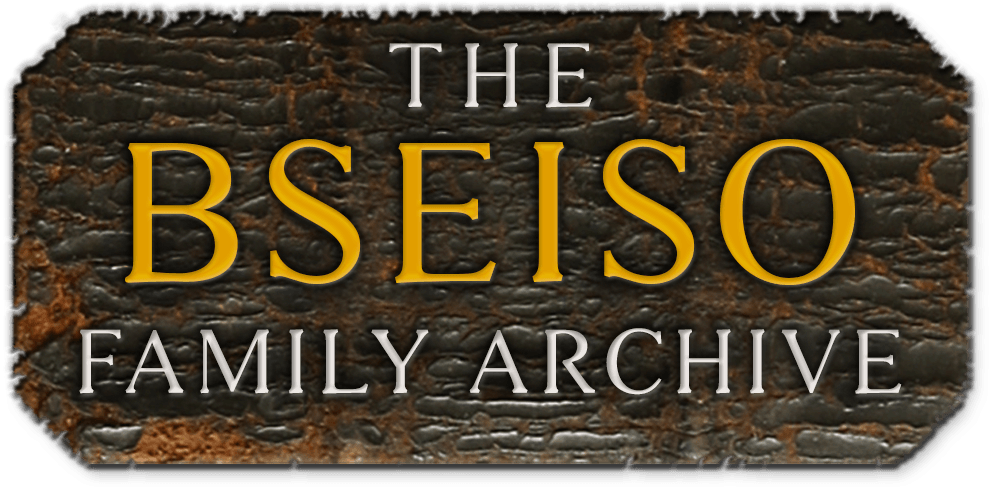Working on the Bseiso family documents provided us with an exceptional opportunity to access this set of well-preserved archives from an often-overlooked place and time in Mandatory Palestine. The archive is in an excellent state of preservation despite its history and journey. The fact that it is now being presented to the world should be of interest to students of politics, history, sociology, and many more fields. The archive represents a snapshot of the socioeconomics of Beersheba pre-1948 and presents to the reader the changing administrative hands over southern Palestine, from the Ottoman, to the British, and finally to the Israeli. For us, we found great pleasure in working with the legal terminology and conventions used in the contracts and legal deeds of the archive. Contrary to current narratives, the documents show how the residents of Beersheba actively administered themselves and innovated legal means to preserve their legal rights while engaging in socio-economic endeavors. Overall, we get the impression that Mr. Mahrous was an affluent and successful entrepreneur and a central figure in the Beersheba socioeconomic life. The witnesses of the contracts are well known to this day as prominent social and economic personalities from that time. And we see that Beersheba as a living and developing town. The story of Beersheba itself and of its residents pre-1948 can no longer be limited to oral histories, we find solace in the fact that this archive is now available as an open source for the rest of the world.
